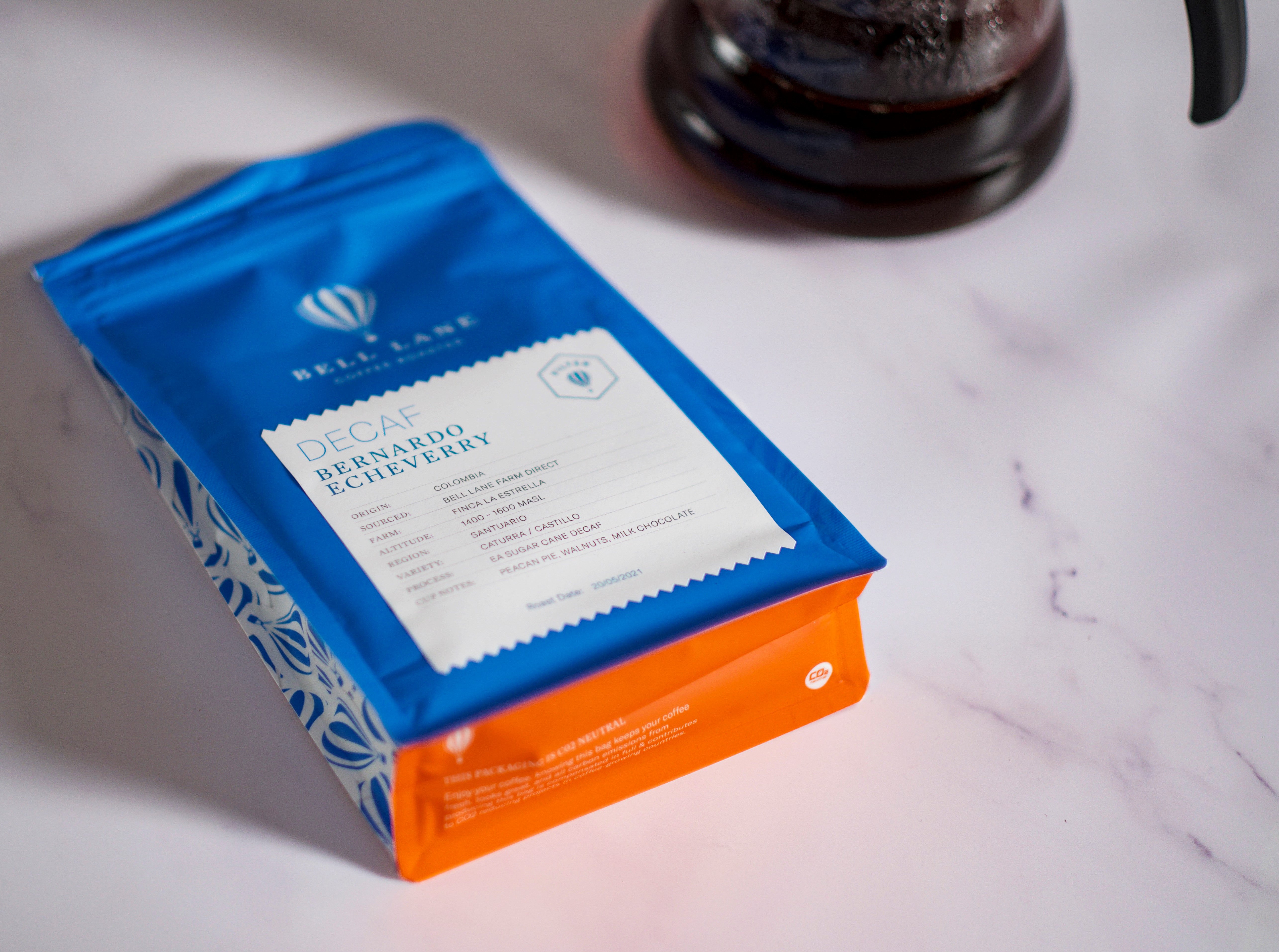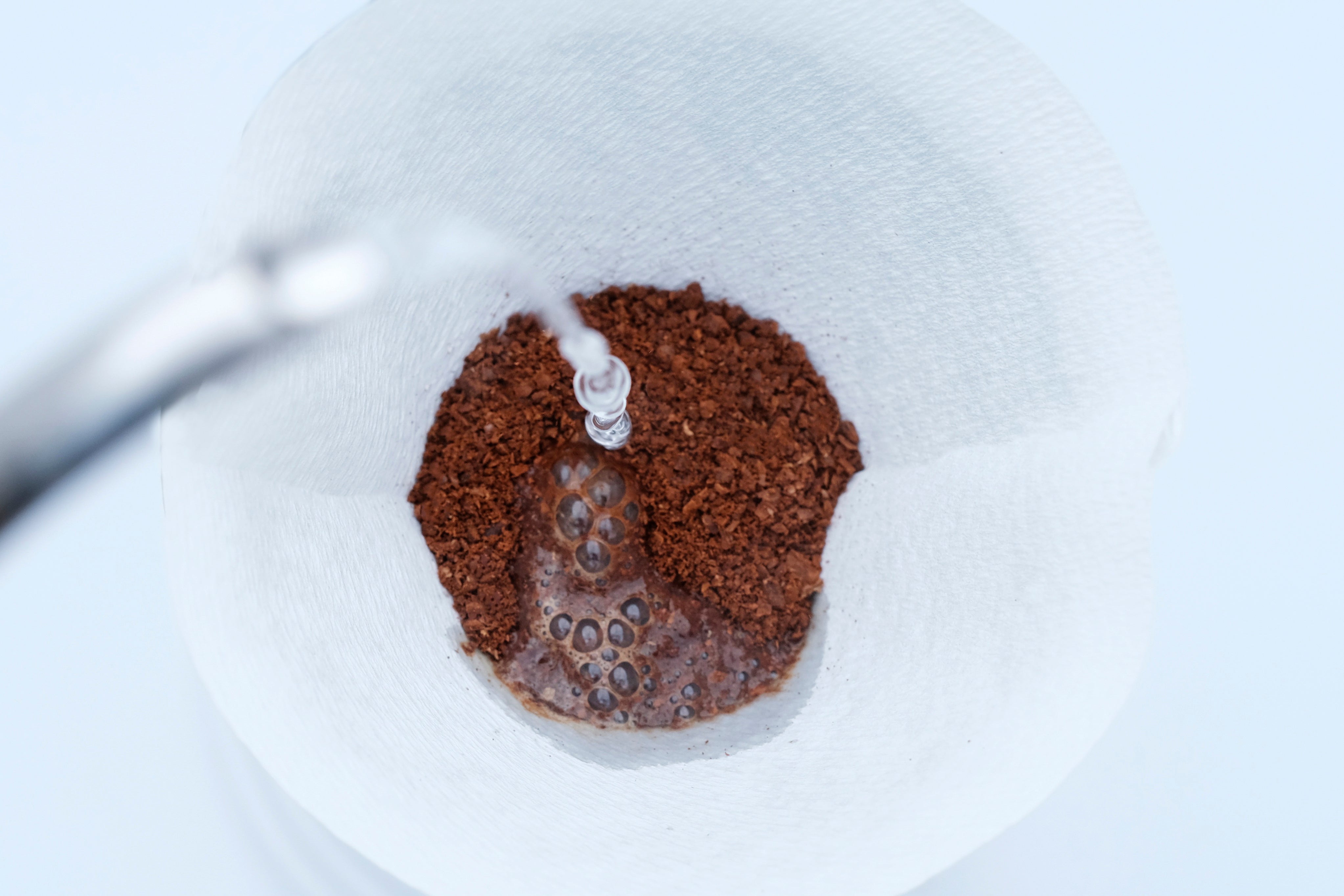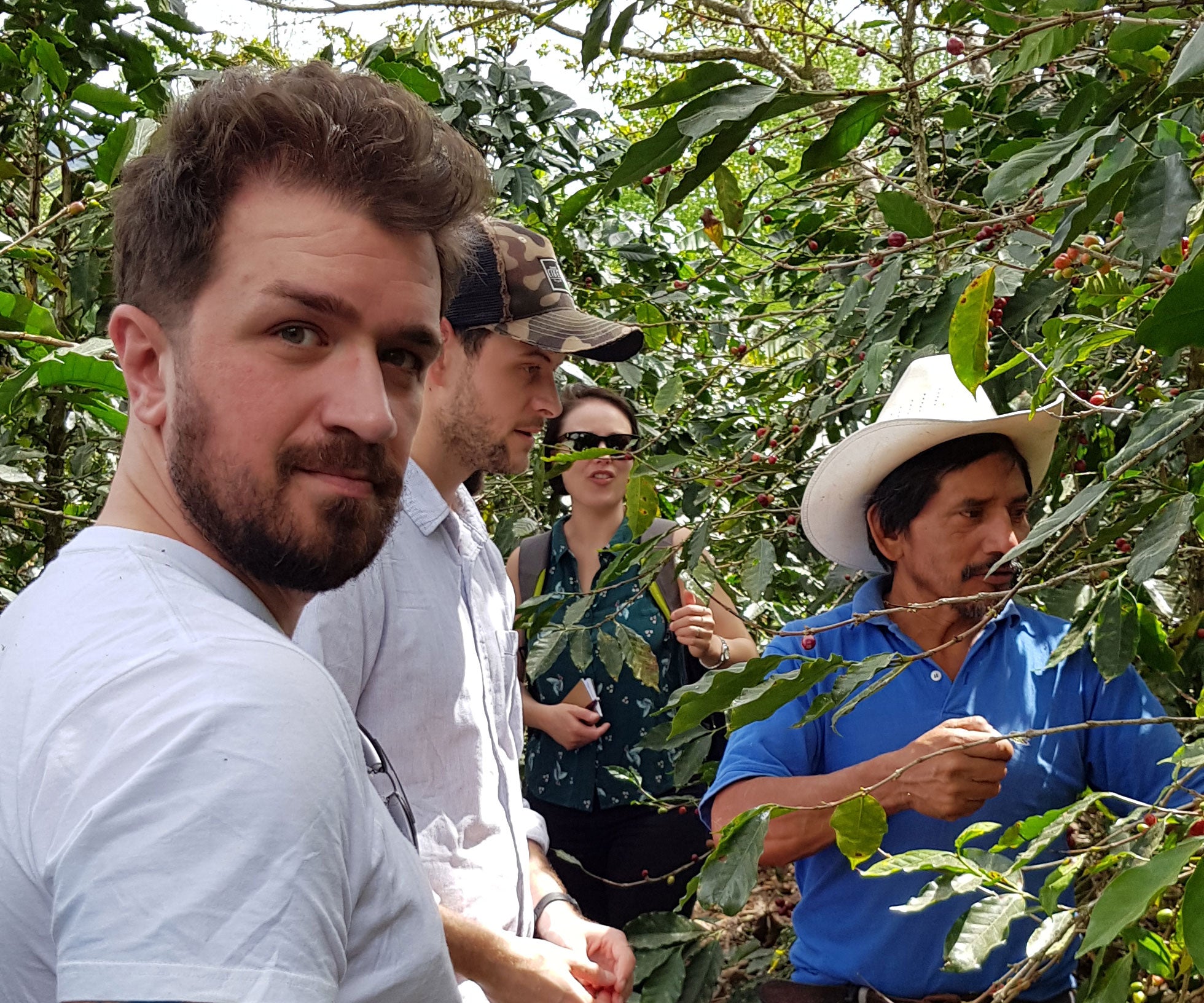Coffee Journal

International Coffee Day - Taster Pack
Niko shares a brief overview of the Taster's Pack for International Coffee Day, featuring three exceptional coffees from Peru, Burundi, and Colombia. This collection offers a unique opportunity to explore diverse flavours from distinct origins. If you snagged a pack, you're among the first to try these future releases. Thank you for the incredible response, and we hope you enjoyed your International Coffee Day!
Discover more
Caffeine: it is not just in coffee but in tea, chocolate, energy drinks, and we all crave it for that essential morning eye opener or afternoon slump buster. Alongside the comforting aroma of freshly brewed coffee, the benefits of caffeine are certainly a welcome bonus. Decaf coffee, however, has often performed well below par, more so an ‘it’ll do’ compromise, and not something that would generate the excitement in coffee that roasters and baristas crave. And no wonder – the decaffeination process was first invented over 200 years ago using benzine, a harsh chemical which is found in crude oil, so I’ll say no more. Thankfully, there are fantastic natural decaffeination methods on the market that produce delicious brews that can be hard to separate from the real thing. One such natural method called the ‘Sugar Cane Process’ is growing in popularity with both roasters and consumers. It does not compromise the unique flavours or structure of the green bean. And so, this month we are excited to launch our new E.A. Decaf - Bernardo Echeverry, Colombia which brews a lovely balanced sweetness of pecan pie, chocolate, and walnuts. This coffee is yet another link in our special Farm Direct relationship with Bernardo Echeverry at Estrella (see Nikos Blog March 25, 2021). The sugar cane process occurs just a few hours’ drive of Bernardo’s farm. In Colombia sugar cane grows in abundance, so it makes economic sense to work in symmetry with the coffee industry. In fact, Colombia has made a conscious decision to retain the traditional farming methods used to cut down the sugar cane, rather than mechanical methods to ensure employment is sustained. Here is the science if you like the detail! What is decaffeination? It is the process of removing caffeine from green beans before they are roasted, and a minimum of 97% caffeine must be removed to classify as decaf. The Sugar Cane process uses Molasses (sugars) derived from sugar cane, which are fermented anaerobically to naturally produce Ethanol. This is mixed with Acetic Acid to create Ethyl Acetate (EA), a compound that will only bond with the caffeine molecules in the green bean, not the flavour compounds. The green coffee beans are steamed to make the bean porous so the caffeine molecules can be easily extracted. They are exposed to the EA wash, and as caffeine is water soluble it bonds with the EA – like a magnet and is drawn out. Beans are then washed and steamed again to remove any trace of EA, then dried to desired moisture content ready for roasting. What sets this process apart is it leaves the structure of the bean intact retaining the exceptional flavours we want to enjoy and even adds its own unique sweetness. I hope you enjoy our new Colombia Sugar Cane Decaf knowing it not only natural and tastes delicious but is supporting our Farm Direct relationship and the wider communities in this region.
Discover more
Before automation in the coffee industry and the invention of the beloved espresso machine, filter coffee was the norm. The use of a filter has been a household essential since the early 17th Century. Home brewers used material or muslin to filter ground coffee, separating the coffee from the liquid. This was a brewing basic until the invention of the paper filter approx. 200 years later. Today we see the resurgence of filter coffee also known as pour-over or Drip coffee as the new alternative brewing method, used by millions every day. This surge in brewing can be attributed to a few basic factors. Cost of entry - Brewing equipment is cheap; you can get a basic set up for less than a Saturday night take away. Pre-ground coffee is widely available, and everyone has a kettle in the kitchen. Knowledge - This brewing method is one of the simplest, you can achieve a very tasty cup with very little experience. All you need in the process is you, coffee, water and a little imagination. Portable – brewing should be enjoyed everywhere, with the advantage that you can bring your chosen filter brewer, AeroPress or v60 with you to the park, in the car or even on holidays. You will never be stuck for a fresh brew. Flavours – The perfect filter brew can achieve very tasty results, with a bag of freshly roasted coffee, ground as required. We would always suggest that you grind fresh and purchase a small hand grinder. The results can be outstanding, proving you don’t need expensive equipment to achieve coffee excellence. Controllable – Pourover coffee makes it simple to take full control over how strong every cup is. With limitless room for experimentation and striking the ideal balance, pouring consistently excellent cups every time becomes a walk in the park. We always recommend you start brewing with a ration of 60g coffee to 1 litre of water, once you have grasped the correct grind, you can adjust to your taste. So next time you think you need all the high-tech gadgets on the market to produce a superb cup of coffee, think again! Stephen BellCo – FounderBell lane Coffee
Discover more
Bell Lane Farm Direct – Bernardo Echeverry
Ever since I started working within the coffee industry, Direct Trade was a term that always drew my attention as something every roaster should aspire to do. It was confusing at the time because there is no exact definition of "what direct trade is?"
Discover more